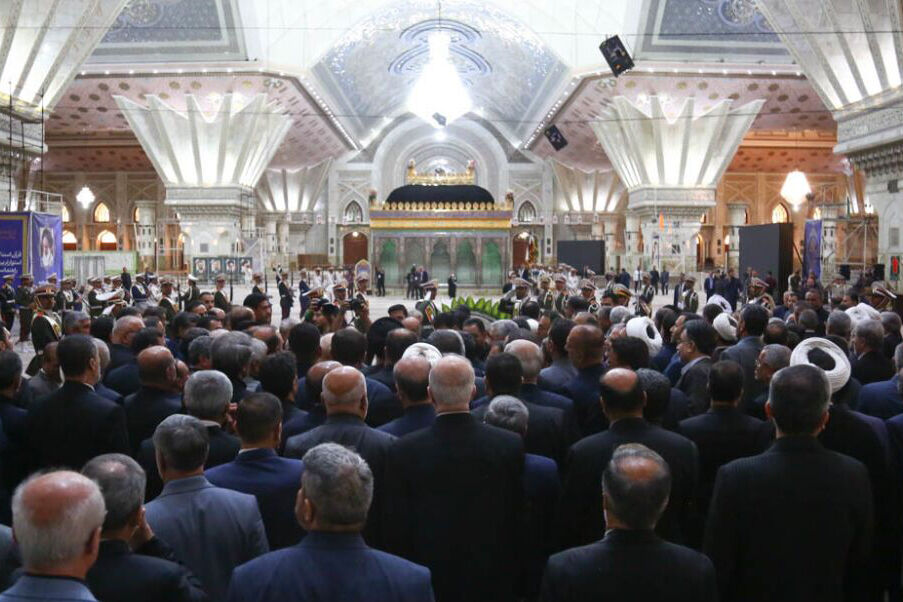
Similar Posts
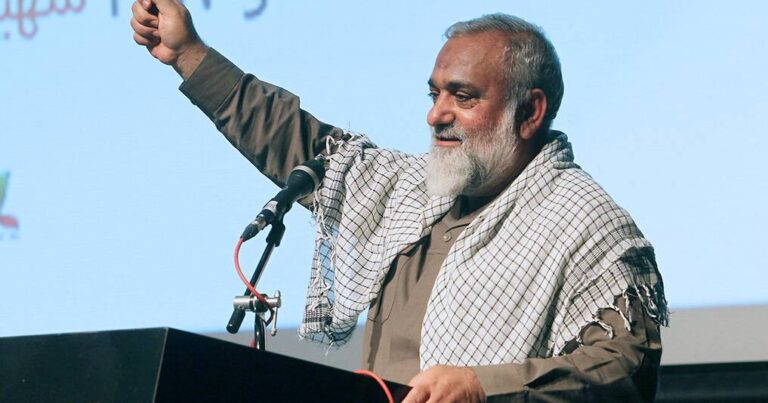
IRGC Cheers Israeli Military Chief’s Resignation: A Triumph for Iran
The resignation of Israel’s military chief, Lt. Gen. Herzi Halevi, following the October 7 Hamas attack, has drawn strong reactions from the Islamic Revolutionary Guard Corps (IRGC). Halevi’s decision, effective March 6, is seen by IRGC leaders as a sign of a weakening Israeli government and a defeat in the Gaza conflict. Halevi took responsibility for security failures during the attack, which resulted in over 1,400 deaths and significant casualties. IRGC officials view this as a victory for resistance movements in the region, while analysts question the effectiveness of Iran’s military strategies amid challenges faced by its proxies.
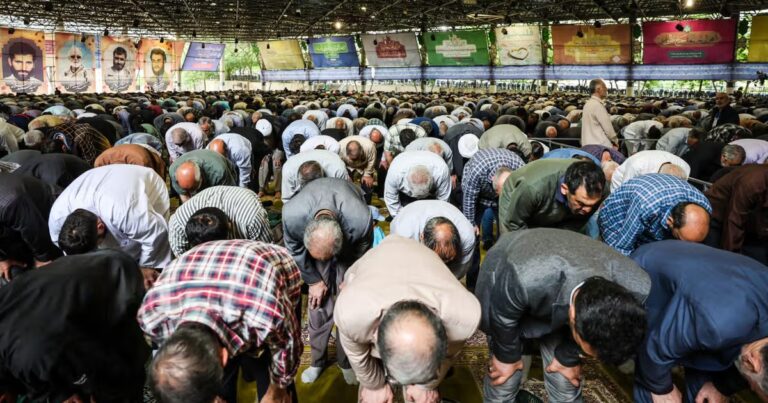
State Clerics Hail Diplomatic Wisdom of Nuclear Talks During Friday Prayers
Senior Iranian clerics have cautiously welcomed renewed indirect negotiations with the U.S. regarding Iran’s nuclear program, emphasizing national sovereignty and the need for sanctions relief. During a Friday sermon, interim prayer leader Mohammad-Hassan Aboutorabi-Fard highlighted Iran’s commitment to a peaceful nuclear agenda and transparency while resisting external pressures. Indirect talks in Rome and Muscat aim to gauge U.S. sincerity, with Iran’s Foreign Minister calling them a critical test. Clerics warned against overreliance on diplomacy, advocating for structural economic reforms regardless of negotiation outcomes. They reiterated the importance of national strength and scientific advancement in securing Iran’s interests and sovereignty.
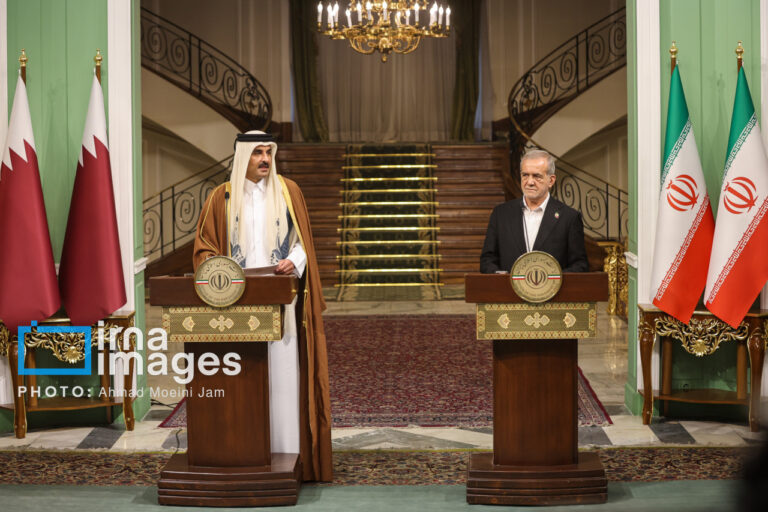
Iran’s Foreign Policy: President Pezeshkian Highlights Qatar’s Unique Role
Iranian President Masoud Pezeshkian emphasized the importance of Iran’s relationship with Qatar during a joint press conference with Qatari Emir Sheikh Tamim bin Hamad Al Thani. He highlighted ongoing meetings to deepen cooperation and expressed belief in regional collaboration for stability. Pezeshkian commended Qatar’s mediation efforts in Gaza and called for Islamic nations to unite against oppression. Sheikh Tamim affirmed the necessity of dialogue to resolve differences, expressing confidence in enhancing bilateral relations. The discussions covered trade and economic cooperation, as well as the Palestinian issue, advocating for adherence to the Gaza ceasefire and humanitarian aid.
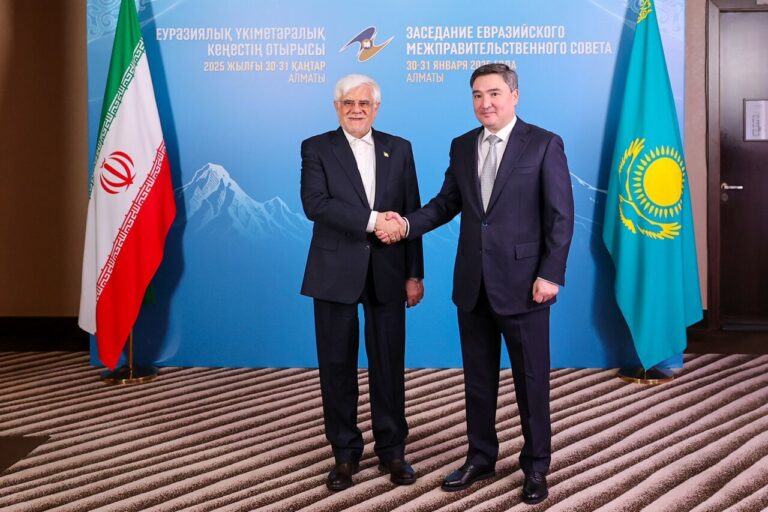
Iran’s VP Urges Enhanced Trade Relations with Kazakhstan for Economic Growth
In a recent meeting on the sidelines of the Eurasia Summit, Iranian First Vice-President Mohammad Reza Aref and Kazakhstan’s Prime Minister discussed enhancing economic and trade exchanges between their countries. They emphasized the importance of cultural ties and agreed on increasing economic cooperation, activating joint commissions, and promoting participation in regional summits. Aref invited the Kazakh Prime Minister to the upcoming Caspian Summit in Tehran, highlighting Iran’s advancements in information technology and commitment to sharing expertise. The Prime Minister acknowledged the need for strengthened joint commissions and congratulated Iran on the anniversary of the Islamic Revolution, marking a pivotal step in bilateral relations.
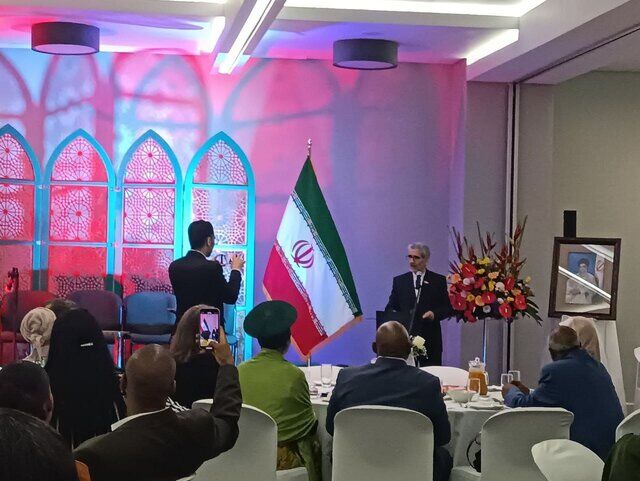
Iran Expresses Gratitude to South Africa for ICJ Genocide Case Against Israel
Iran’s Ambassador to South Africa, Mansour Shakib-Mehr, commended South Africa for its action at the International Court of Justice regarding genocide allegations against Palestinians, underscoring the humanitarian crisis in Gaza. During a ceremony for the 46th anniversary of the Islamic Revolution, he expressed gratitude for South Africa’s legal proceedings against Israel, which address violations of the 1948 Genocide Convention. The ambassador highlighted South Africa’s leadership in raising awareness of Palestinian issues and portrayed Iran as a significant global player, noting its advancements in technology, healthcare, defense, space exploration, and nuclear energy since 1979.
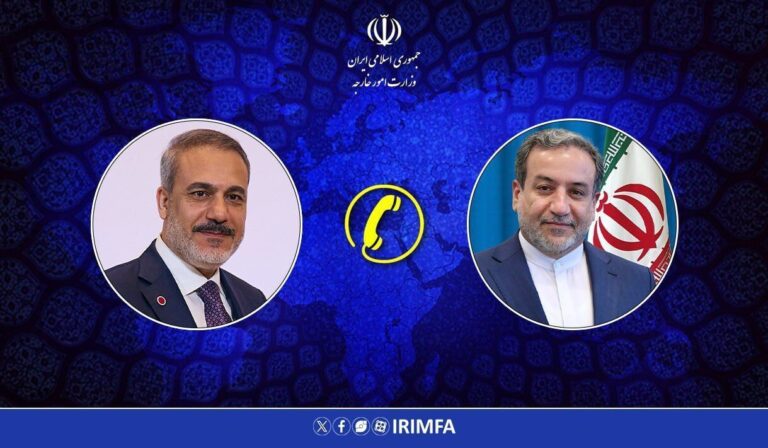
Iran’s Foreign Minister Advocates for Minority Rights Protection in Syria
Iranian Foreign Minister Abbas Araghchi recently spoke with Turkish Foreign Minister Hakan Fidan, emphasizing the protection of minority rights in Syria. Araghchi reaffirmed Iran’s commitment to Syria’s sovereignty and territorial integrity, advocating for an inclusive government that represents diverse political, ethnic, and religious groups. He voiced concerns about armed groups’ violence against civilians, particularly in Shiite and Alawite areas, and stressed the need to safeguard ordinary citizens. The ministers also discussed strengthening bilateral ties between Iran and Turkey to collaboratively address regional issues.